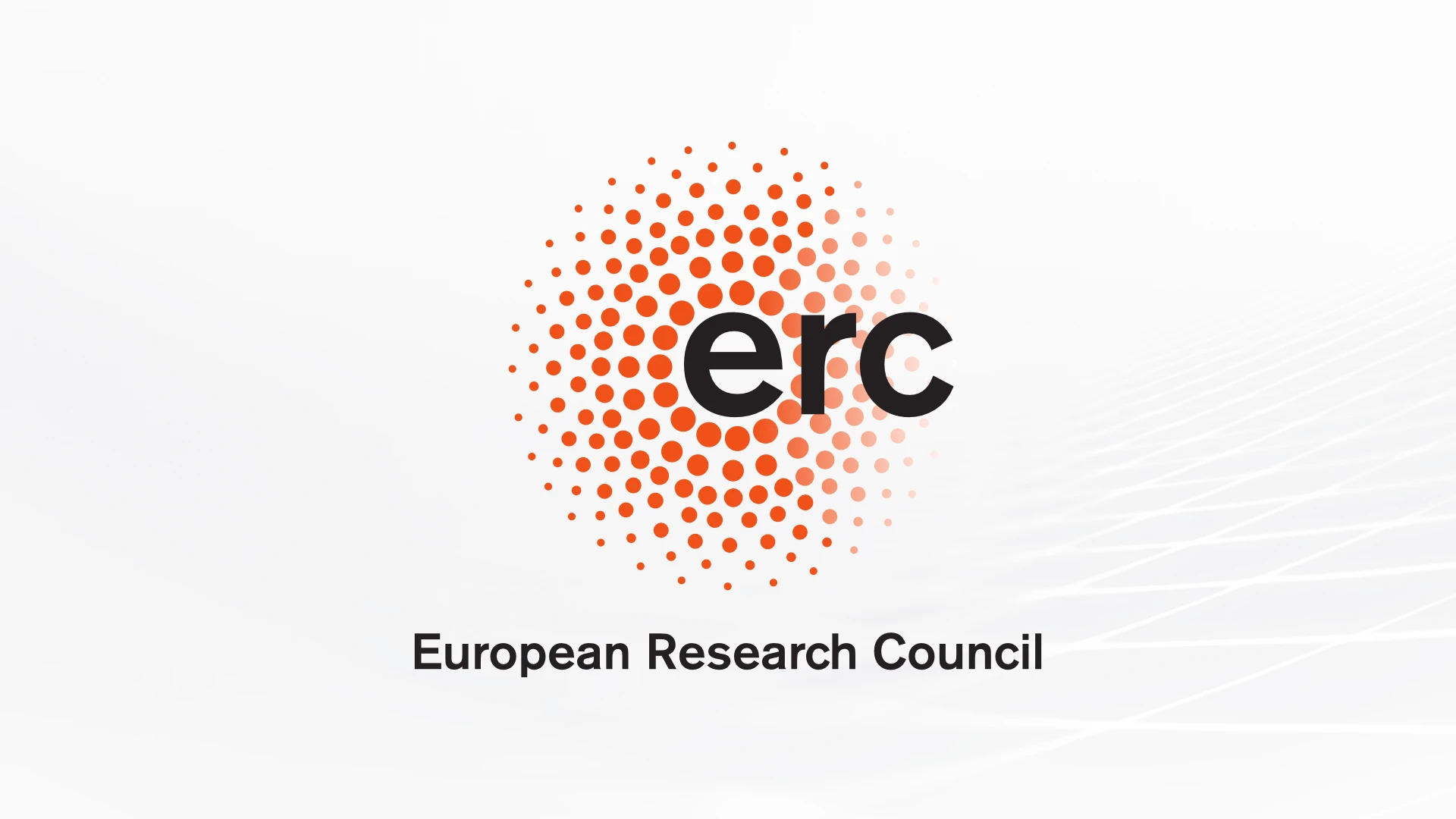A considerable number of 6 scientists at the University of Vienna have received the 2024 ERC Advanced Grants by the European Union. The Environment and Climate Research Hub (ECH) congratulates two of its members, marine ecologist Gerhard Herndl and chemist Nuno Maulide, on receiving this prestigious grant, each of which is endowed with up to three million euros.
Investigating the North Atlantic’s Deep Sea
Gerhard Herndl’s project “NEREIDES” aims to better understand the carbon cycle of the North Atlantic deep sea. Specifically, Herndl and his colleagues want to investigate “marine snow”, a particle rain that is one of the main sources of food for all life in the deep sea. By the end of the project, the team of researchers wants to understand the chemical and biological compounds of the snow particles and thereby their importance for microorganisms of the deep sea. This knowledge will be especially important in determining to what extent the deep sea will be adaptable to climate change.
About Gerhard Herndl
As a marine ecologist, Herndl has poured two decades of investigative work into the research of biogeochemical cycles, as well as microbial communities and their activities in the deep sea. This is his second ERC Advanced Grant, after he already received his first one in 2011. In the same year he has also been awarded the FWF Wittgensteinpreis. With more than 300 articles published, he is one of the most cited marine ecologists worldwide.

New Synthetic Pathways for Carbon Atoms
In his project “C-HANCE”, Nuno Maulide investigates the reactivity of Carbocations (positively charged carbon atoms). Despite many reactions of these atoms already being known to and taught in organic chemistry, they yield surprising chemical behavior in different reaction conditions. Maulide and his team will develop new methods for synthesis pathways for novel substances, with applications of these findings ranging from Material Chemistry to fragrance synthesis and drug synthesis.

About Nuno Maulide
Nuno Maulide holds a professorship for organic synthesis at the Faculty of Chemistry, where he investigates and develops new synthesizing methods, as well as the synthesis of organic compounds. He was awarded Austria’s scientist of the year in 2019 and has received three different ECR Grants, before being awared with this years advanced grant. This makes him one of very few people in Europe who have won all ERC grants (ERC Starting Grant, ERC Consolidator Grant, ERC Proof of Concept Grant (LINK), and now the ERC Advanced Grant).
ERC grants are allocated by the European Research Council and aim at advancing cutting-edge fundamental research with considerable innovation potential. The Advanced Grants specifically are given to already established top-level researchers and their projects. Altogether, 12 ERC Advanced Grants for Austrian research projects were allocated for 2024, six of them to researchers at the University of Vienna.
